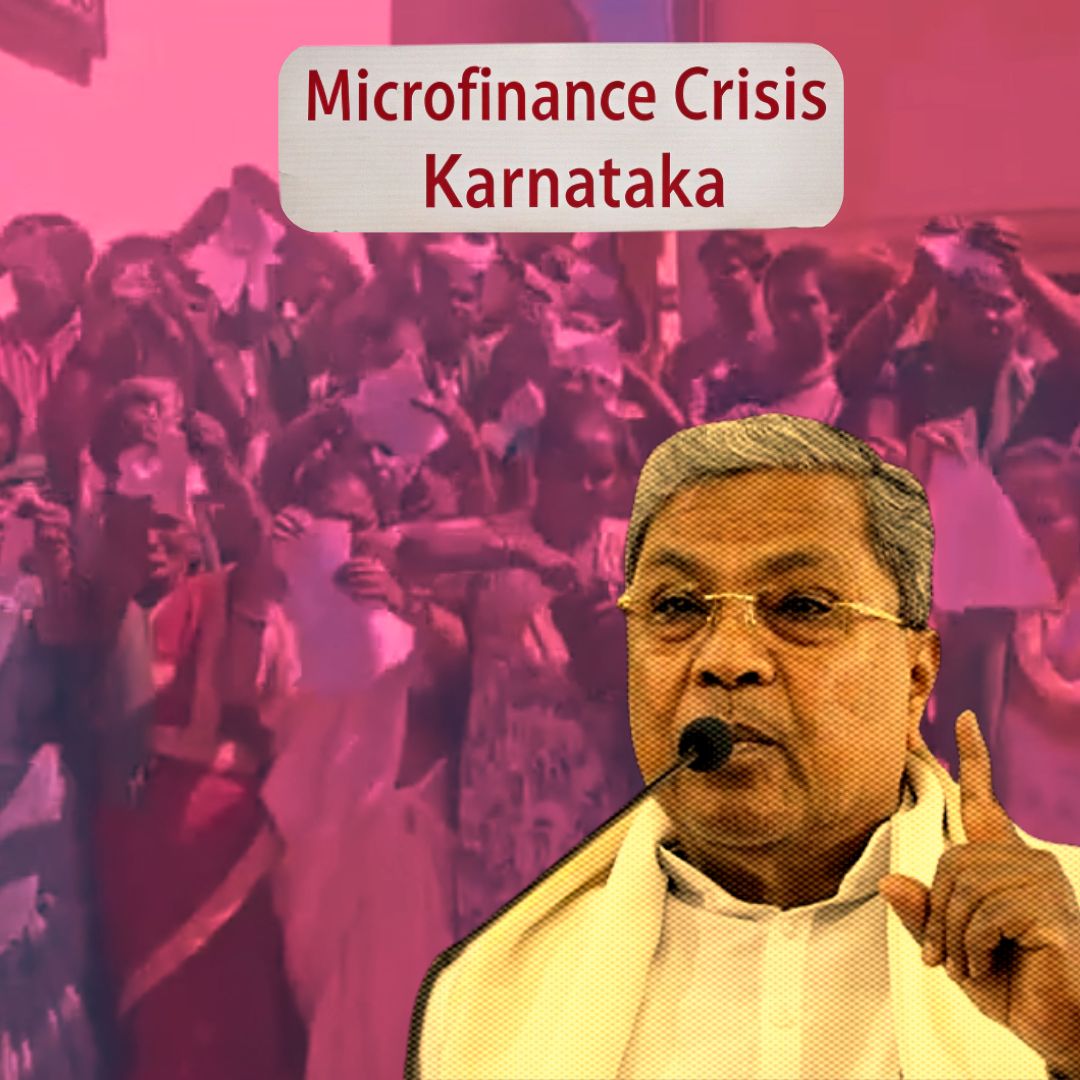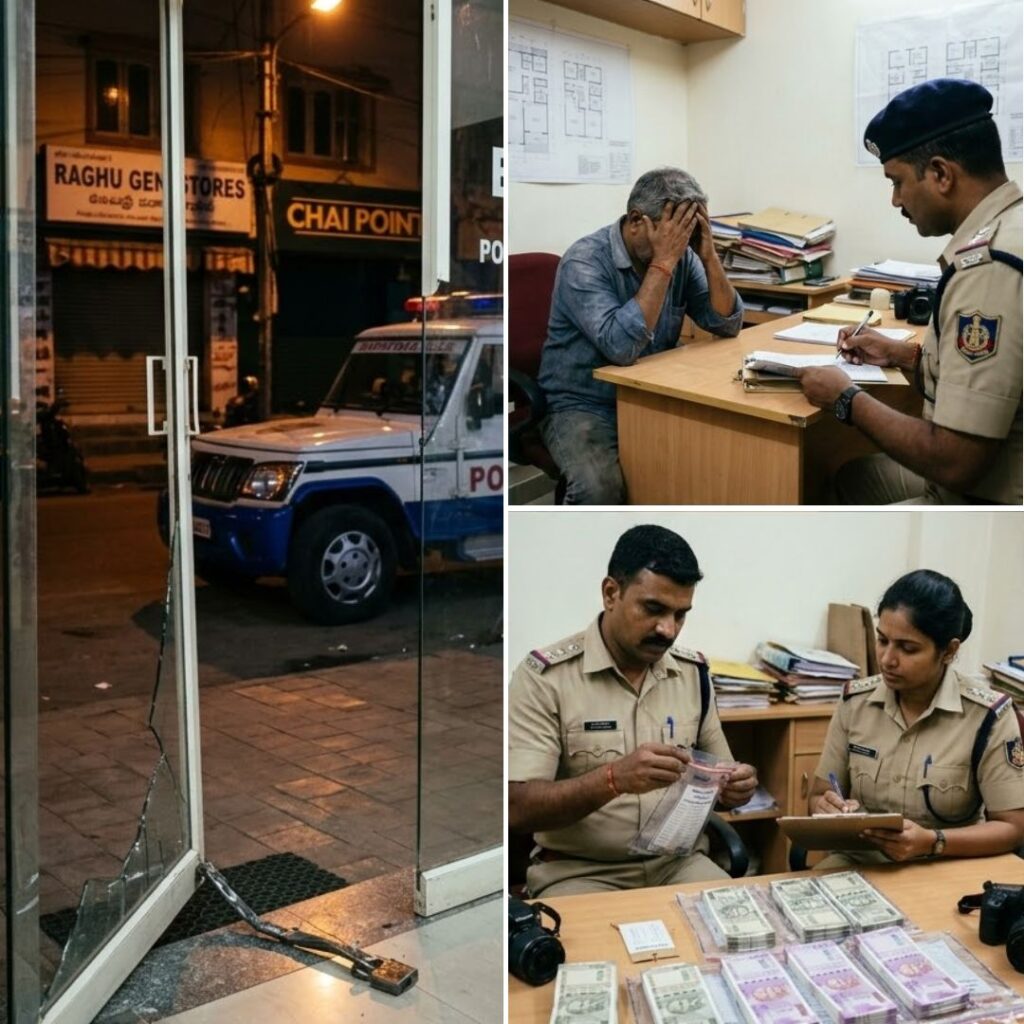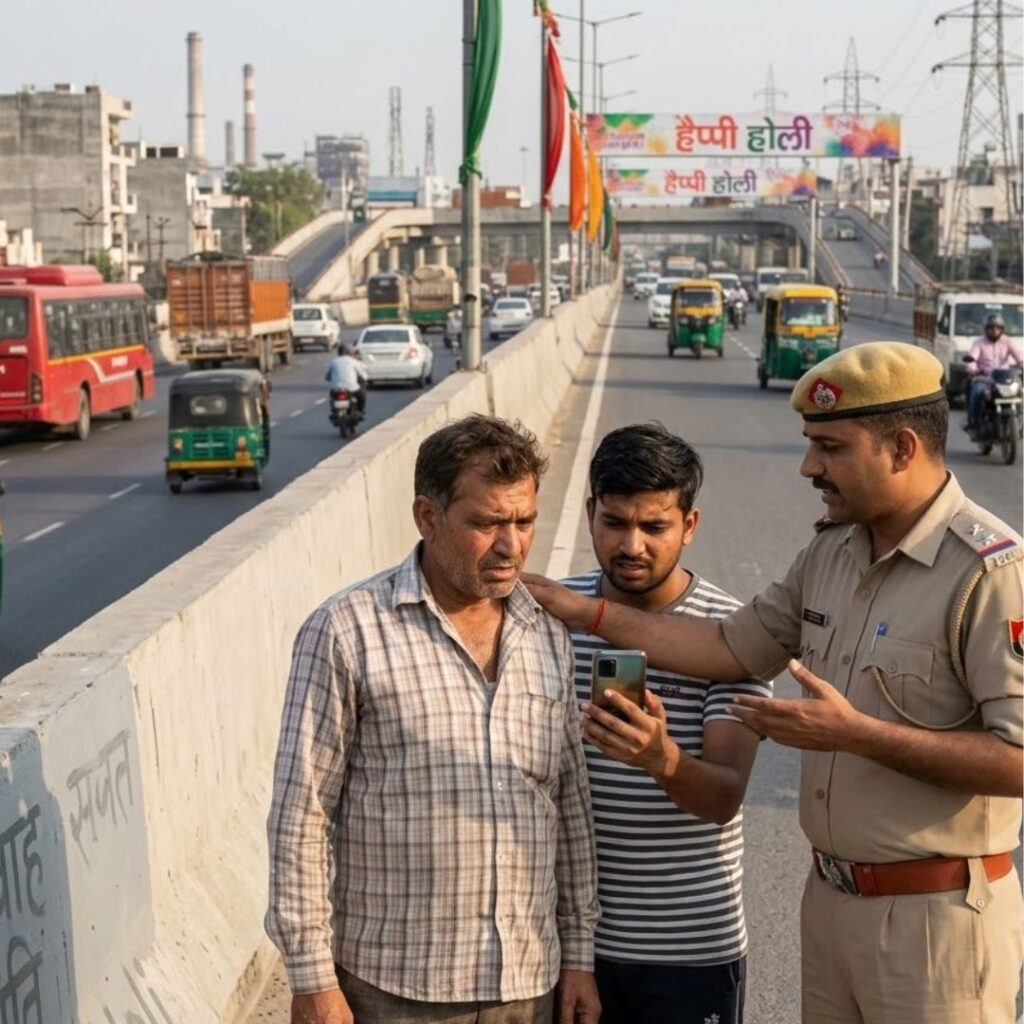The Karnataka government is set to introduce the ‘Karnataka Microfinance Institutions and Money Lending Regulation Bill, 2025’ in response to a series of suicides linked to harassment by microfinance companies. Recent incidents include the tragic deaths of borrowers and reports of families fleeing their homes due to intimidation.
Home Minister G Parameshwara acknowledged the need for stricter regulations, stating that many borrowers are unaware of what they are signing. Critics, including former Chief Minister H.D. Kumaraswamy, have accused the government of inaction, while protests led by women highlight the urgent demand for accountability.
Harassment Leads to Tragedy and Protests
Karnataka has recently witnessed a wave of suicides attributed to relentless harassment faced by borrowers from microfinance institutions (MFIs). Among the most heartbreaking cases is that of Sharanabasava, a cab driver who took his life after being pressured by loan recovery agents. His widow, Parvathi, sent her mangalsutra to Home Minister G Parameshwara, demanding justice for her husband’s death. “Their constant threats and torment left him with no way out,” she lamented.
In response to these tragedies, protests led by women have erupted across various districts, notably under the banner of Karnataka Rajya Saitha Sangha, where demonstrators threatened mass suicide if action against MFIs was not taken. Reports indicate that entire families are fleeing their homes due to fear of aggressive loan recovery tactics.
Government’s Response and Legislative Action
In light of these tragic events, Chief Minister Siddaramaiah has announced immediate legal measures to protect borrowers from microfinance harassment. Following an emergency meeting with his deputy DK Shivakumar, Revenue Minister Krishna Byre Gowda, Home Minister G Parameshwara, Law Minister H K Patil, senior government officials, and top police officials, Siddaramaiah stated that the government would amend existing laws related to money lending and introduce new legislation to safeguard genuine borrowers.
“After taking their view, we told them that we won’t say not to give loans or do not recover money from borrowers but while recovering money you should not torture and harass people,” Siddaramaiah emphasized. He also noted that while recovering money, RBI guidelines should be strictly followed by MFIs and that the central bank should monitor violations of these guidelines.
Key measures include banning loan collections after 5 PM, prohibiting the involvement of rowdies or goons in recovery processes, and mandating compliance with RBI’s interest rate guidelines. “We have opposed outsourcing the recovery work,” he said. “What happens is it is outsourced and rowdies are roped in. This should not be done. We will take stringent action against violation of rules for recovering money,” Siddaramaiah warned. A district-level helpline will also be set up for borrowers to file complaints, which police will investigate promptly. “Charging interest beyond legal limits and harassing borrowers is unacceptable,” he added.
Community Impact: Families in Distress
The impact of aggressive microfinance practices extends beyond individual cases; entire communities are feeling the strain. Reports indicate that families in affected villages are fleeing their homes due to fear of harassment from MFIs. Many families have reported being threatened with eviction or having their possessions seized for overdue payments. This widespread distress highlights the urgent need for protective measures for vulnerable populations caught in a cycle of debt.
Criticism and Calls for Accountability
The situation has drawn sharp criticism from various political leaders, including former Chief Minister H.D. Kumaraswamy, who accused the current government of failing to take decisive action against MFIs exploiting vulnerable populations. Kumaraswamy remarked, “Is there even a Home Minister in Karnataka?” He highlighted that many MFIs operate illegally without proper licenses, particularly in districts like Mandya. “The government must make strict decisions to address this problem,” he asserted.
He also recalled his previous efforts in 2018 to introduce protective legislation for citizens against predatory financial practices, which was discarded after his administration ended. Meanwhile, Basavaraj Bommai criticized the government’s failure to regulate MFIs effectively and alleged that these firms seize women’s mangal sutras while pushing families into crisis.
The Logical Indian’s Perspective
The Logical Indian stands firmly against the exploitation faced by borrowers in Karnataka’s microfinance sector. It is crucial that regulatory measures are implemented not only to prevent further tragedies but also to foster an environment that prioritises empathy and support for those in financial distress. The stories emerging from this crisis highlight the urgent need for systemic change within the microfinance industry.
How can we ensure that vulnerable individuals are protected from such predatory practices? We invite our readers to share their thoughts and experiences on this pressing issue, fostering a dialogue aimed at positive social change.












